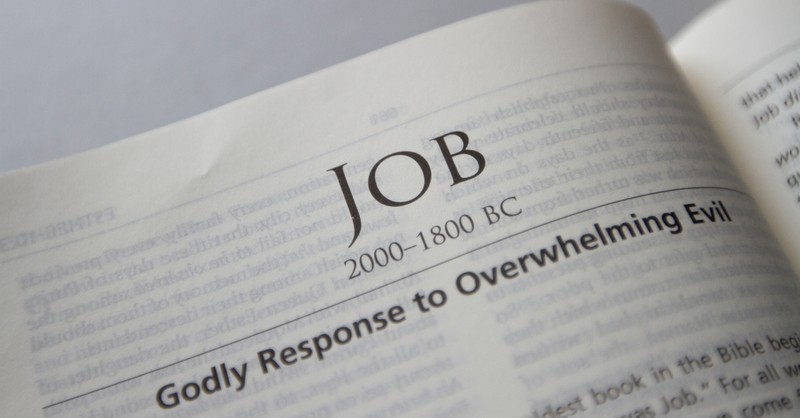
-
By:
- David Kedode
- No comment
- Tags: Bible Study, Church, Satan, The Book of Job, Trials
Satan Appears Before God And Accuses Job of Being Righteous
The Book of Job is a part of the Hebrew Bible and tells the story of Job, a wealthy and righteous man who experiences a series of misfortunes, including the loss of his family, possessions, and health. The book raises fundamental questions about the nature of God, justice, and suffering. As we saw yesterday in Chapter 1 of the Book of Job, we have a number of lessons we can get from Chapter 2, 3, 4 and 5 and I would encourage you to take some time and read the chapters in order to understand and relate with the lessons.
Here is what we can learn from Job Chapters 2, 3, 4, and 5:
Chapter 2:

In Chapter 2, Satan again appears before God and accuses Job of being righteous only because he is prosperous. God allows Satan to afflict Job with painful boils from head to toe, and Job responds by scraping himself with broken pottery and sitting in ashes. Job’s wife urges him to curse God and die, but Job refuses, saying that he will accept both good and bad from God.
From this chapter, we can learn about the importance of faith and trust in God during difficult times. Even when we face extreme adversity, like Job, we should not give up our faith in God.
Chapter 3:
In Chapter 3, Job curses the day he was born and wishes he
had died at birth, as he is consumed by his suffering. Job’s lamentation in this chapter illustrates the depth of his anguish and despair, and his desire to end his suffering.
From this chapter, we can learn about the reality of human suffering and the importance of expressing our pain and sorrow. It is okay to grieve and express our emotions to God, as Job did.
Chapter 4:
In Chapter 4, Job’s friend, Eliphaz, attempts to comfort him by reminding him of his past righteousness and suggesting that his suffering is due to some secret sin. Eliphaz believes that God punishes the wicked, but Job insists that he is blameless and does not understand why he is suffering.
From this chapter, we can learn about the dangers of making assumptions about others’ suffering. Like Eliphaz, we may sometimes make assumptions about others’ misfortunes, but it is essential to refrain from judgment and show empathy and compassion.
Chapter 5:
In Chapter 5, Eliphaz continues his attempt to comfort Job by suggesting that he seek God’s mercy and wisdom. Eliphaz assures Job that God blesses the righteous and punishes the wicked, but Job again insists that his suffering is undeserved.
From this chapter, we can learn about the importance of seeking God’s wisdom and guidance during difficult times. While we may not understand why we are suffering, we can seek comfort and wisdom in God’s presence. Additionally, we must remember that suffering is not always a result of our wrongdoing or sin. Sometimes it is merely a part of life, and we can seek solace in God’s grace and mercy.
“Shall we receive good from God and shall we not receive adversity” (2:10). “The Lord gave, and the Lord has taken away; blessed be the name of the Lord” (1:21). Therefore, in all this Job did not sin with his lips.
